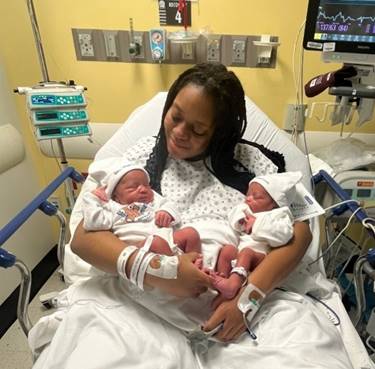MANILA (Reuters) – Philippine police deployed road blocks on Tuesday to enforce a tough new lockdown on about 28 million people in the capital Manila and nearby provinces as the Southeast Asian country reported the region’s biggest daily rise in coronavirus cases.
The area, which accounts for most economic activity in the country and a quarter of the population, has gone back into lockdown for two weeks after restrictions were relaxed in June.
The eased restrictions, in an effort to revive the economy, led to infections soaring more than six-fold to 112,593 and deaths more than doubling to roughly 2,100, piling pressure on a beleaguered healthcare sector.
The health ministry on Tuesday reported 6,352 new cases, marking the biggest daily jump in infections in Southeast Asia and after posting a record rise in five of the past six days.
In a new blow for the economy, authorities have suspended public transport and made restaurants dine-in, while barbershops and salons have closed, hitting livelihoods.
“There’s really nothing we can do but follow the measures given by the government,” said Cipriano Quirante, 57, a dispatcher at a taxi firm.
Restaurant manager Charlito Imperial said usually there were long lines at his premises but by midday he had had only three take-away customers.
Police ringed urban areas with roadblocks and checkpoints to restrict movement, with only one member of every household allowed to go out to buy food and essentials.
President Rodrigo Duterte late on Sunday announced the new lockdown, marking a return to the strict quarantine measures in force from mid-March to May.
But the presidential palace on Tuesday warned the new restrictions could not be prolonged.”The economy can no longer bear a longer lockdown,” Harry Roque, Duterte’s spokesman, told a news briefing. “Our message to the people is to take care of your health so you can still make a living.”
(Writing by Neil Jerome Morales; Editing by Ed Davies)




























